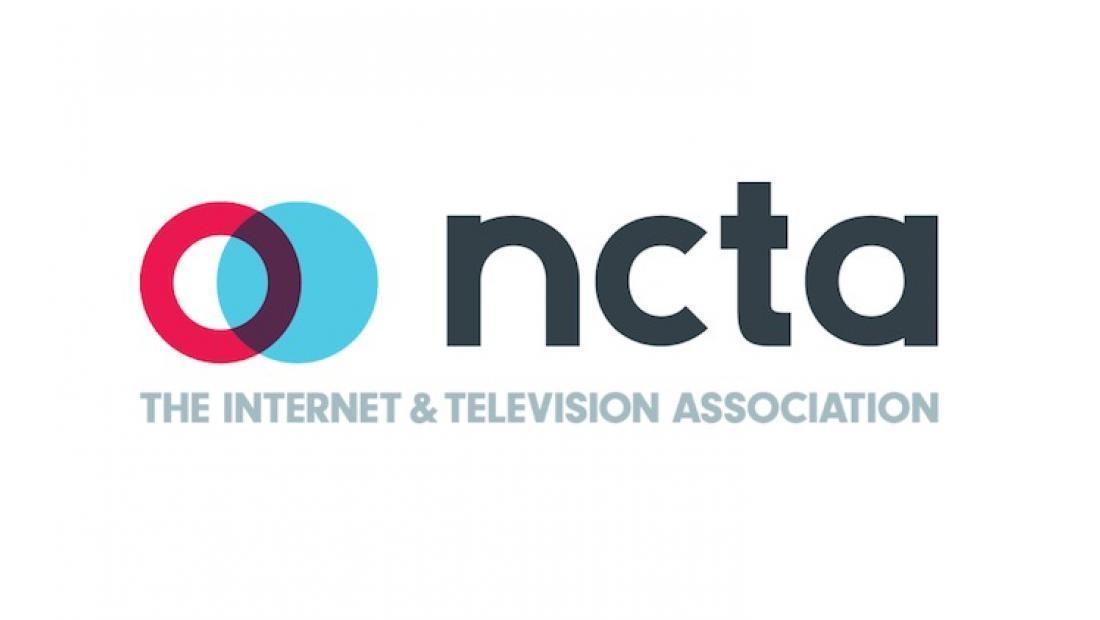NCTA: FCC's RIF Order is on Firm Ground

The smarter way to stay on top of the multichannel video marketplace. Sign up below.
You are now subscribed
Your newsletter sign-up was successful
NCTA-The Internet & Television Association had some simple answers for the FCC, which is seeking input on the impact of its Restoring Internet Freedom (RIF) order deregulating internet access.
That came in comments on a court mandate to the FCC to better explain the impact of its decision on public safety, access to poles and conduits, and the Lifeline broadband subsidy.
NCTA's answers: The order protects public safety, does not hinder its members' access to poles, and allows for continued support of the Lifeline subsidy.
NCTA told the FCC that the order "has not adversely affected the public interest in any of these areas, and in any event has not caused any harms sufficient to outweigh the benefeits in broadband investment and innovation driven by the FCC's reclassification of broadband access as an information service not subject to common carrier based rules.
Related: FCC Defends 'Light Touch' Net Neutrality Reg Remake
NCTA said that in the two years since the order was approved, there have been no credible allegations of blocking, throttling or unreasonable discrimination, and no reason to think they are going to start coming in now or in the future.
The smarter way to stay on top of the multichannel video marketplace. Sign up below.
And rather than impeding access to poles, the investment unleashed by the reclassification has led to a thriving marketplace and deployment, including on utility poles.
NCTA also says that the reclassification to an information service does not prevent the commission from providing low-income consumers discounts on broadband service in the Lifeline program--which it has clearly continued to do over the past two years.
"[J]ust as entities seeking to receive high-cost [Lifeline] support must offer a universal service-supported voice service, entities may also receive Lifeline support for providing broadband service so long as they offer a separate voice telephony service, as was the case between the Commission’s initial authorization of broadband support in 2012, and its designation of BIAS as an independently supported service in 2016."
NCTA said the FCC is on "firm ground" with its "light touch RIF" regime.
Contributing editor John Eggerton has been an editor and/or writer on media regulation, legislation and policy for over four decades, including covering the FCC, FTC, Congress, the major media trade associations, and the federal courts. In addition to Multichannel News and Broadcasting + Cable, his work has appeared in Radio World, TV Technology, TV Fax, This Week in Consumer Electronics, Variety and the Encyclopedia Britannica.

